Blue Economy
Globally, there is increasing acknowledgment of both the oceans’ immense value, as well as the escalating state of threats to its health. The OECD recently estimated that if the ocean economy was equivalent to that of a single country, it would be the fourth largest economy in the world. The ocean is the source of half of the oxygen in our atmosphere, absorbs 30% of the carbon emissions we produce, and provides food for billions.
And yet for too long, human societies have treated it as an infinite source of resources, and a never-ending sink for waste. Overfishing, pollution and rising sea temperatures are threatening the ocean’s health, pushing it to the brink of what it can sustainably manage.
The Blue Economy concept seeks to transform our relationship with the marine realm. In recognition of the delicate balance between opportunity and fragility, it refers to “the sustainable use of ocean resources for economic growth, improved livelihoods, and jobs while preserving the health of ocean ecosystems”
We offer specialised services to a range of clients to help to bring this vision of a sustainable blue economy to life.
-
We have been undertaking marine ecosystem valuation studies for almost 30 years, covering coral reef, mangrove, lagoon and seagrass habitats. We are currently helping to develop a set of Natural Capital Accounts for the UAE, including various marine ecosystem service accounts.
-
We have developed a number of valuation and natural capital assessment Excel based tools specifically focused on the marine environment.
-
We can help identify and evaluate coastal nature-based solutions, for example, considering potential impacts, scale, challenges and enhancements.
-
A number of our IFC Performance Standard 6 ecosystem service assessments have covered marine and coastal developments and infrastructure.
-
We have undertaken several studies investigating blue economy finance and sustainable financing options including MPA financing, coral reef insurance and establishing marine funds.
-
James Spurgeon has undertaken many marine natural resource damage assessments to establish appropriate compensation, restoration and offsets.
Why choose Sustain Value?
Few firms match our marine valuation track record. For nearly 30 years, we’ve worked across coral reefs, seagrasses, mangroves and coasts—quantifying ecosystem services, building accounts, and designing finance mechanisms from reef insurance to marine funds. We bridge economics, ecology and policy to help governments and investors build a resilient, thriving blue economy.


